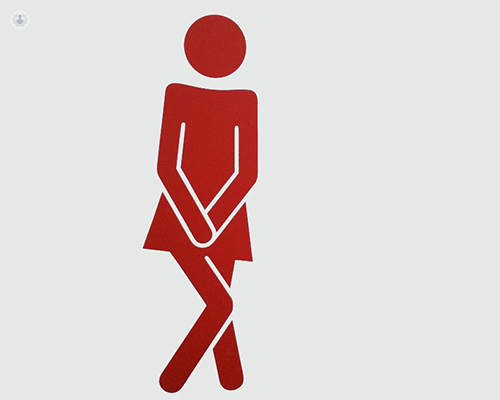

What is interstitial cystitis?
Cystitis is the inflammation of the bladder. The term interstitial cystitis (also known as painful bladder syndrome) is used to designate cases that are considered a chronic condition.

What are the symptoms of interstitial cystitis?
People affected by cystitis have the bladder wall completely swollen and is painful, they can even expel blood when urinating. This is due to scars or stiffness that are created in the bladder, which causes the inability to enlarge when it is filled with urine. Therefore, the symptoms usually include a strong urge to urinate, urinary frequency, and pain during sexual intercourse.
What are the causes of interstitial cystitis?
The exact cause of these infections are unknown at the moment, although it is known that it is not a bacterial or viral infection. Interstitial cystitis is much more common in women than in men, as it usually happens from the age of 20 to 30 and it is quite common to develop after having sex or during the menopause.
Can interstitial cystitis be prevented?
The main way to prevent chronic cystitis is to prevent cystitis from occurring. Therefore, some guidelines to prevent or avoid cystitis are:
- Drink lots of water and fluids
- Urinate often
- Maintain adecuate daily genital hygiene
- Shower instead of bathing
- Do not use aerosols or deodorants in the genital area
What is the treatment used for interstitial cystitis?
There is no permanent cure for interstitial cystitis, although the initial treatment of cystitis is usually a course of antibiotics. In interstitial cystitis treatments are usually focused on improving the symptoms: diet, exercises to control the bladder, medication, physiotherapy, etc.
